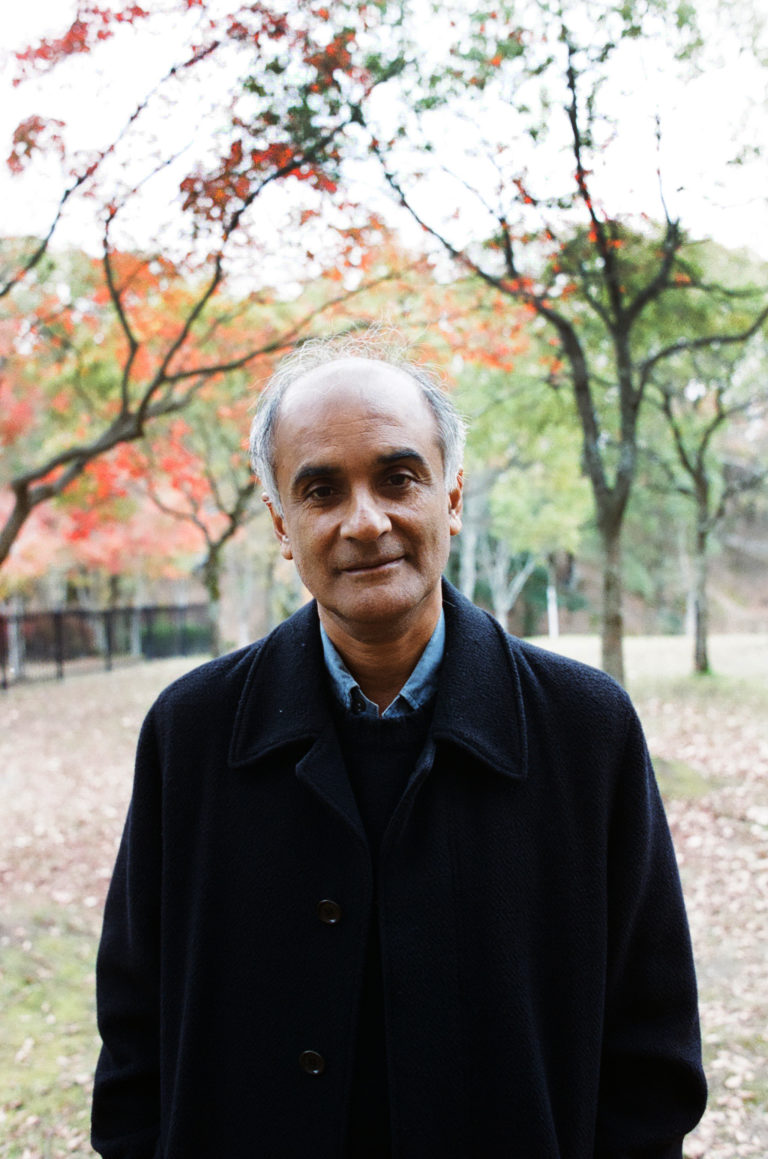The Pretense of Accident: Yearning, Not Gripping, for Happiness
Many years ago, my friend and I went for a walk in the beautiful Mount Auburn Cemetery in Cambridge, Massachusetts. She and I had lived in India together, and were excited to be catching up.
As we walked, we found ourselves lost in conversation, reminiscing about our experiences as the sun set around us. As it got progressively darker out, our feeling of being “lost” in conversation turned to literal disorientation, and our excitement into fear. We realized how distracted we had been, and I remember panicking about the fact that I no longer knew where we were. I felt some dread as we circled around and around trying to find a memorable tombstone to help us get our bearings. No luck. We simply had to walk and walk until we finally found the gate after several hours of searching.
In retrospect, this memory fascinates me. Rationally, I knew we were walking around on a gated, relatively small plot of land, and that we would eventually get out safely. Of course, I wasn’t thinking terribly rationally as I found myself lost in the fear. This experience of feeling lost is a great metaphor for the mind-state of delusion, which, traditionally, is one of the three main hindrances to insight (the other two being grasping and aversion).
When we are in a state of delusion, we are disconnected from how things actually are in the present moment. We don’t know where we are; we don’t have a sense of where we are coming from, nor where we’re going. The result is that we feel helpless, and possibly confused and panicked. We lose sight of what we are actually feeling as we become focused on the unsettled quality of our minds and our hearts. The deeper emotions we have are clouded by delusion.
There is undoubtedly a relationship between the three hindrances to insight: grasping, aversion, and delusion. My friend Sylvia Boorstein recently termed these bewitched, bothered, and bewildered, which I find quite apt!
At a very basic level, all three involve a displacement of attention away from the present moment, from our direct experience, and toward some judgment, assumption, or desire. Whether we are grasping onto something, hoping to acquire and possess it, or fixating on a feeling of aversion or anger, we lose our trust in what is, and that distortion is, in itself, delusion.
What’s interesting to me about this relationship is that it can cause a very tricky misconception: namely, that yearning for something is automatically a gesture of “grasping.” For instance, would there be a way for me to have been aware of my yearning to get home while lost with my friend, without becoming lost in a deluded state of mind? The question sounds tricky, but the answer is simple: yes, with wise attention that alchemizes delusion into wisdom.
Yearning for happiness, for instance, is not a bad thing. But to act productively in response to yearning requires that we feel a sense of authentic focus.
When I first went to India as an 18 year old through the State University of New York at Buffalo, I had no idea where to go, or even why I wanted to learn meditation. But my desire was clear to me: I wanted to go to India, and I wanted to learn to meditate. Just three or four days before I was going to leave, the Tibetan lama Trungpa Rinpoche came to the U.S. for the first time, and ended up in Buffalo. Although he was giving a talk at the other college in town, I knew immediately that I wanted to attend. It was the first time I had heard of a Buddhist practitioner giving a talk in my area, and my desire to learn more about meditation was at the height of its blossoming period. My yearning felt focused and authentic, even if nascent and slightly vague.
During the talk, we had the opportunity to ask written questions, so I inquired, “Where should I go to learn to meditate in India?” Lo and behold, Trungpa Rinpoche reached into the pile of questions and selected mine. In response, he told me, “I think you had perhaps follow the pretense of accident.”
And that was it. It was completely wonderful: there I went, with a few other classmates, to India without an address, particular meditation center, or teacher in mind. About three or four months later, I found myself at my first insight meditation retreat. The pretense of accident allowed me to act on my yearning for happiness without grasping, without aversion, without delusion.
When I look back at my trip to India, and how it relates to where I am today, I realize the thing I had to stay close to was my intention. My intention, in fact, was yearning. I was yearning for happiness, and specifically, to achieve that happiness through meditation, through learning to connect to myself, through learning to connect with my experience.
I had no sense of the ultimate resolution of my overarching direction. I could barely discern the next step, but I stayed close to the yearning. Ultimately, it was my willingness to be moved by the pretense of accident that allowed me to feel my yearning authentically, with an open hand. From there, I found a clear sense of being home.
The way I think of being “at home” within ourselves is a lot like turning on the light in a dark room. Once we turn on the light, we see. It doesn’t matter if the room had been dark for just five seconds, a month, or 10,000 years. The feeling of clarity and of belonging where we are is there in the present moment. In that moment, we can seek greater happiness — but not from a desperate place, a place that finds us to be so deficient or bereft. And it’s that fundamental acceptance that dissolves delusion, and separates yearning from grasping.

